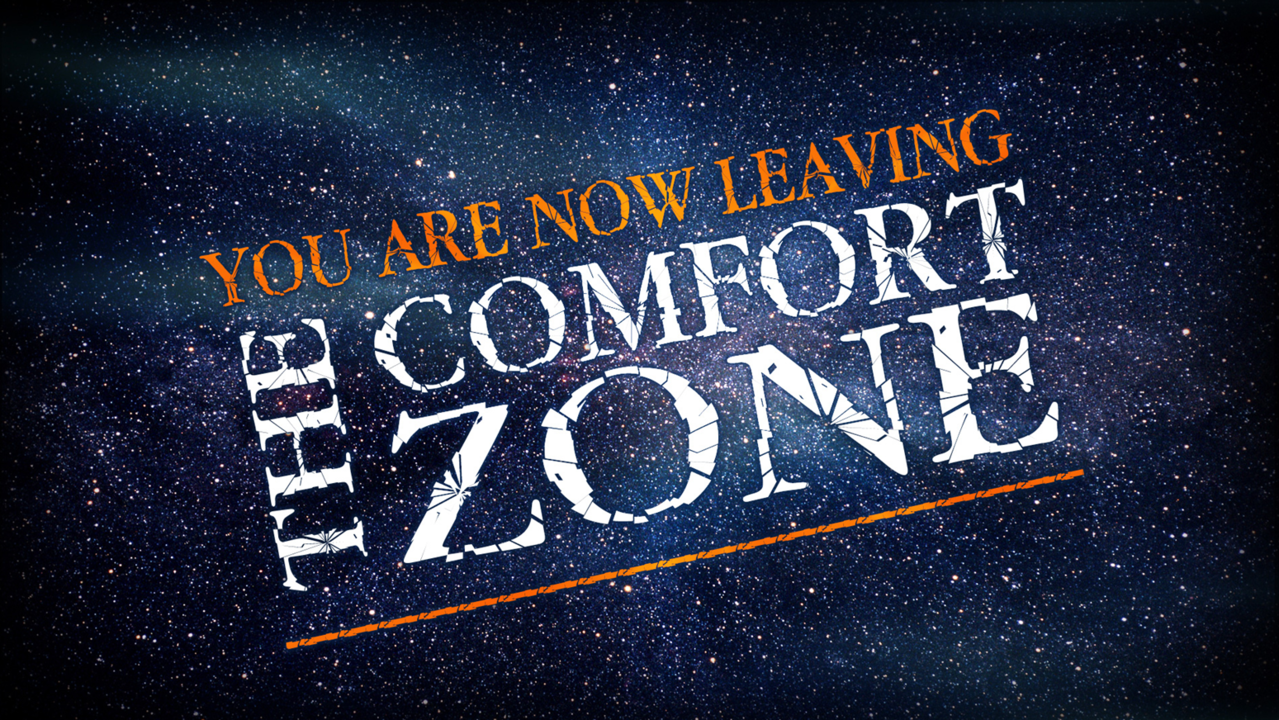It might seem counter intuitive at first, but only by accepting the bad, can things become better. The same is true with happiness, but it takes facing up to your fears to benefit from it. There is no point sticking your head in the sand and hoping things will turn out alright.
We should be looking to embrace our fears, faults and uncertainties — stop running away from and avoiding them, and start confronting some painful truths. We can find the courage to do something about it. So brace yourself as we will be asking some uncomfortable questions which have the power to be life-changing.
What are some examples where pain is a necessary evil? You may have heard things like “Sometimes you need to be cruel to be kind,” the phrase used by parents when describing “tough love”. Or you’ve heard the gym instructor’s adage “no pain, no gain”. Or perhaps when good friend tells you a harsh truth rather than comforting you with a lie?
You can explore it further too. How about the dread you feel before going to the gym? Or that nervous energy you get before doing something for the first time? The fear of talking to ‘that’ person? Telling a loved one that you don’t actually like their outfit? Telling friends they have food on their face?
It’s impossible to be happy all of the time. Unhappiness is a vital ingredient in being happy. If everyday was extraordinary then by definition it would be ordinary. Sometimes we need the bad so we can appreciate the good. The trick I believe is to position ourselves so that we can become happier more often than not.
When I think about events in my own life, I am most proud of the things I’ve had to work hard for. Things where I didn’t give up on easily. I often attribute this to persistence but another important ingredient is the pain I felt that gave me a desperate motivation to do something about it. I’ve often wondered if it was just me who was wired this way?
You see, we’re not supposed to love everything we do. If we did what we liked 24 hours a day then we wouldn’t get anything of significance done. We wouldn’t go to work. We wouldn’t set our alarm clocks and go to the gym when we were too tired. We wouldn’t talk to people for fear of rejection. We wouldn’t read a book when we could be out partying. We would become numb with distractions instead of facing reality. We would become masters of making up excuses about why we didn’t do something which was just a bit too difficult. We might even convince ourselves and our loved ones that we are happy even when the essential maintenance work of our lives hasn’t been carried out.
Without pain and challenges, it’d be impossible to feel the pleasure of rewards and success.

In his book, Mark also says that “often the only difference between a problem being painful or powerful is a sense that we chose it and that we are responsible for it.” The chances are, if you are unhappy with something at the moment it’s because of factors outside of your control.
The example he uses is the difference between choosing to run a marathon and preparing and caring towards achieving it versus someone forcing you to run 26 miles with dire consequences if you fail to do so. The exact same distance, just two very different scenarios. Sometimes we can’t control the circumstances but we can control our actions and our responses to them. He also says that in the long run running a marathon makes us happier than eating a chocolate cake — though I’m not completely sold on that point!
A key to happiness is learning from your mistakes
Have you ever heard of people saying that making mistakes is the quickest way of learning? Or that, you learn the most from your bad experiences? Well I don’t know about you but I think that’s utter nonsense. I’ve learned much more in my life from good experiences than from the bad ones. I remember many situations where I’ve made mistakes and didn’t learn from them at all.
I remember having a terrible time cooking so I stopped doing it. I remember putting my hand up in class and saying the wrong answer, getting laughed at, and becoming too scared to repeat the process. I remember working for a company where things were completely dysfunctional, accepted the fact that’s just the way they were and chose to work that exact same way too. All of these things have one thing in common — I chose to react to a situation a certain way. How might’ve I chose to interpret these events to make them happier?

While it’s certainly true that if you put your hand on a hot stove you’ll change your reaction the next time, what is often assumed is that all people will all act identically the next time. Everyone is different, I mentioned earlier that I get pissed off easily, and, while this is true, I also forgive and forget quickly. I don’t believe in holding grudges and see more value looking toward the future and focusing on what I can improve than dwelling on things which I can’t.
Sure, you can always learn from past experiences. But hindsight is only helpful if you’ve seen better or alternative solutions to know things went wrong. Sadly most people don’t take the time to do this. Hansai is a Japanese word which encourages us to acknowledge our own mistakes and to pledge to improve them.
Mark argues “In life you have a limited amount of fucks to give. So you must choose your fucks wisely”. I interpret that as everyone cares about something, so try to make sure the things you focus your limited time and energy on are the things which are conducive to giving you and your loved ones a better life.
Pain isn’t to be endured, it’s there to be acted upon. For me it’s the universe telling you something is out of balance. The next time you’re in pain, decide whether you’re prepared to endure it or not.
Accept the challenge to get mad!
Only by getting; mad, sad, angry about the things which matter to you will you give a f*ck so that they become better. So what are you waiting for? What’s the one thing you’ve been putting off which, that if confronted would improve your happiness? Can you find the courage to do something about it?












Replies to This Discussion